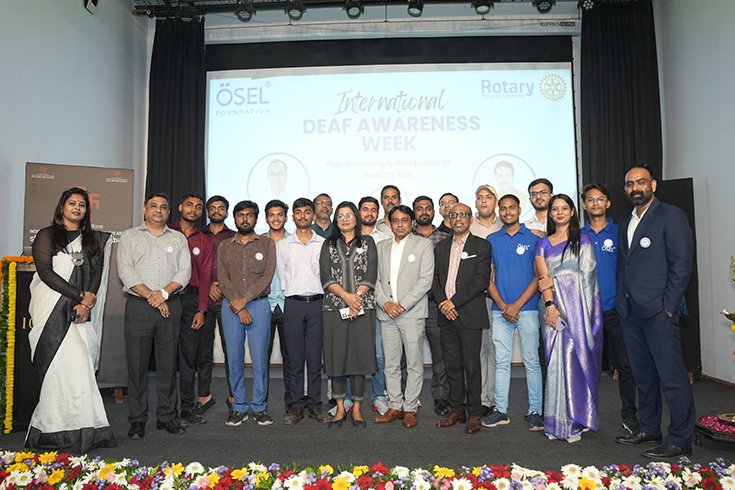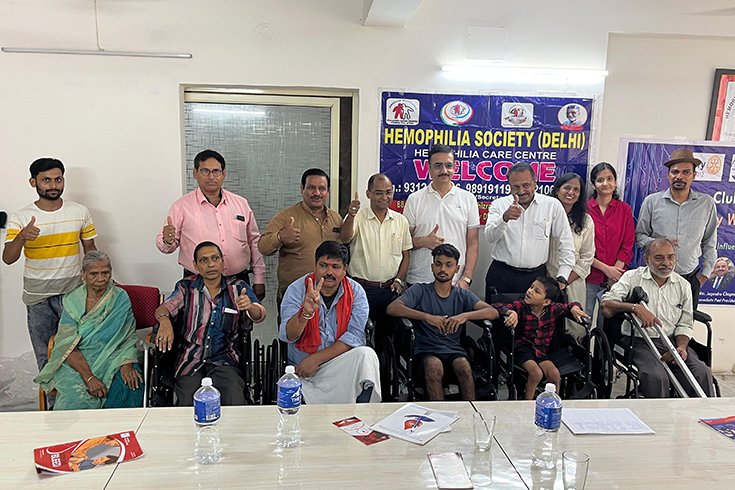OpenAI
recently released a report exposing how cybercriminals are misusing ChatGPT to
create fake content designed to influence the upcoming US elections.This
development raises serious concerns about misinformation, manipulation, and the
integrity of democratic processes.
In recent years, artificial intelligence (AI) has transformed various sectors,
including technology and communication. However, this rapid advancement has
also introduced significant challenges in cybersecurity and election integrity.
The OpenAI report highlights alarming cases where criminals have exploited AI
tools, especially ChatGPT, to manipulate public opinion during elections.
Cybercriminals have recognized that AI models like ChatGPT can generate
coherent and persuasive text quickly and efficiently. By leveraging this
technology, they can create fake news articles, misleading social media posts,
and fraudulent campaign materials designed to deceive voters. OpenAI's report,
released on Wednesday, revealed instances where its AI models were used to
produce fake content, including long-form articles and social media comments
aimed at swaying electoral outcomes. These AI-generated messages can closely
mimic the style of legitimate news outlets, making it increasingly challenging
for ordinary citizens to distinguish between fact and fiction.
A particularly concerning aspect of this misuse is the ability of
cybercriminals to tailor their messages to specific demographic groups. By
employing data mining techniques, they can analyze voter behavior and
preferences, crafting messages that resonate with targeted audiences. This
personalized approach enhances the effectiveness of disinformation campaigns,
allowing bad actors to exploit existing political divisions and deepen societal
discord.
OpenAI has taken action against this misuse, blocking over 20 attempts to
exploit ChatGPT for influence operations this year alone. In August, the
company shut down accounts that were generating election-related articles.
Similarly, in July, it banned accounts based in Rwanda for producing social
media comments aimed at influencing elections in that country.
The speed at which AI can generate content is another significant concern.
Misinformation can spread rapidly, outpacing traditional fact-checking and
response mechanisms. This creates a situation where voters are overwhelmed
by contradictory information, making it harder for them to make informed
decisions. The sheer volume of false information makes it difficult for
individuals to discern credible sources from those spreading misinformation.
The findings from OpenAI also emphasize the potential for ChatGPT to be
utilized in automated social media campaigns. Such manipulation can distort
public perception and influence voter sentiment in real-time, especially during
critical moments leading up to elections. However, OpenAI reported that while
there have been attempts to influence elections globally through AI-generated
content, these efforts have not gained significant traction thus far. None of
the content has achieved widespread viral spread or maintained a substantial
audience, which is a silver lining in an otherwise troubling scenario.
Moreover, the US Department of Homeland Security has expressed concerns
regarding foreign interference in the upcoming November elections. Countries
like Russia, Iran, and China are reportedly utilizing AI-driven disinformation
tactics to spread fake or divisive information, posing a serious threat to
election integrity. These nations are taking advantage of the rapid advancement
in AI technology to manipulate public opinion and disrupt democratic processes.
As the election approaches, it is crucial for voters to remain vigilant and
discerning about the information they encounter online. Increased awareness of
the potential for AI-generated misinformation can help individuals better
navigate the complexities of modern political discourse. OpenAI’s report serves
as a timely reminder of the challenges posed by the intersection of technology
and democracy, urging both tech companies and the public to take proactive
measures to safeguard the integrity of elections in a world that is
becoming more digitally driven.
Technology












